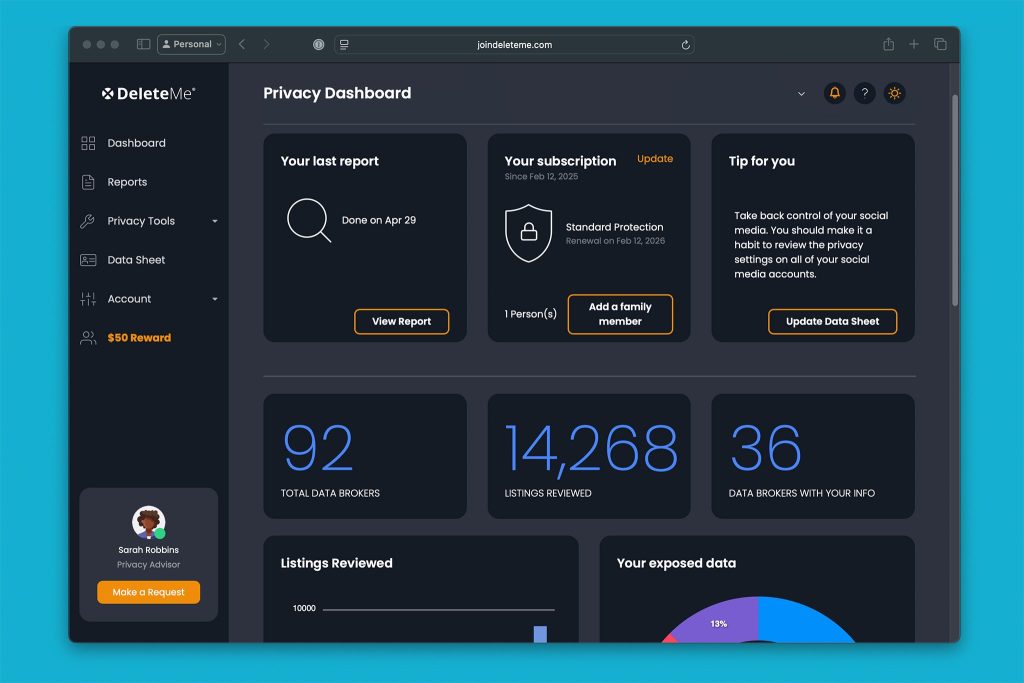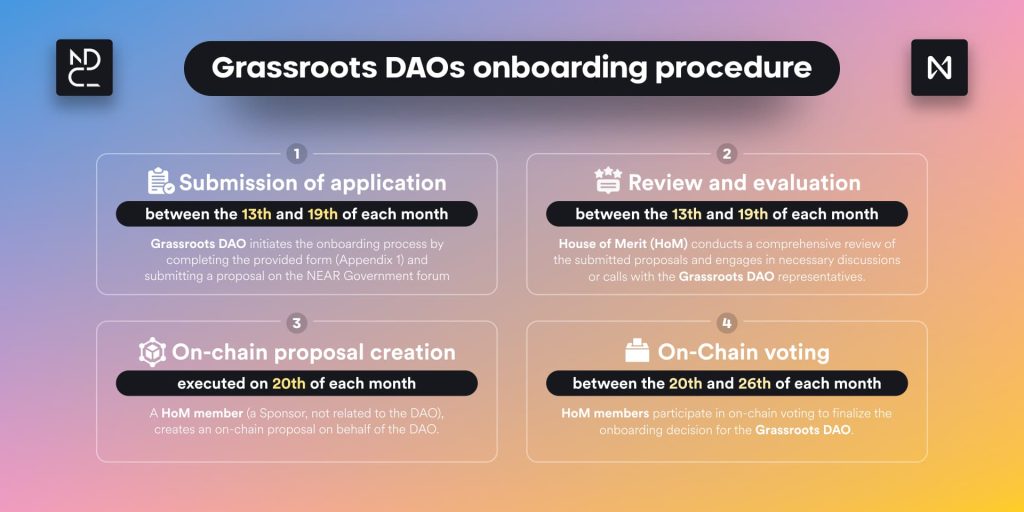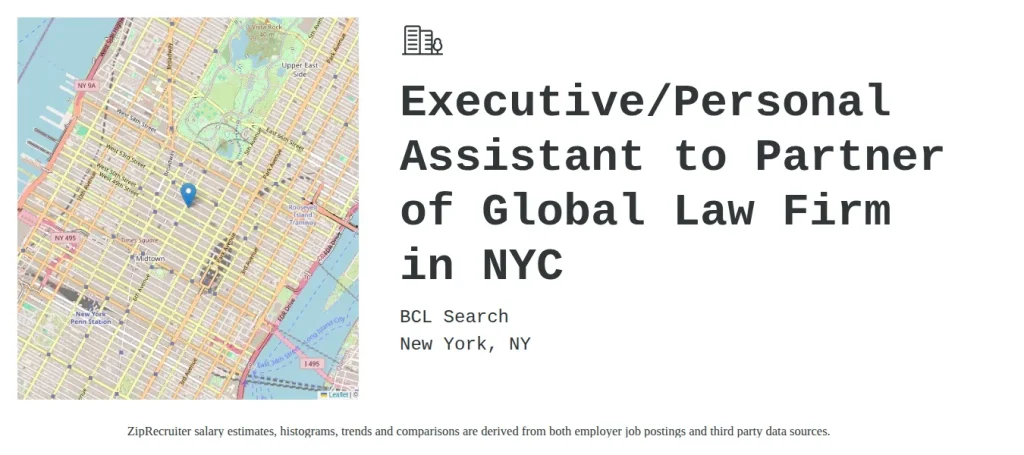Digital marketing changes rapidly as new technology and consumer behavior evolve. It is necessary to keep learning in order to stay competitive in this highly specialized field.
Some of the trends for 2023 and beyond include: artificial intelligence (AI), voice search optimization, virtual & augmented reality (VR/AR) technology, social media advertising.
Artificial Intelligence
AI has revolutionized digital marketing by providing advanced data analytics capabilities, predictive modeling techniques and automation solutions. AI improves digital ad targeting, content recommendations or email marketing to drive engagement & conversions while offering personalization at scale through chatbots or virtual assistants.
There have been significant ethical concerns about AI lately ranging from built-in biases and potential harm towards humans all the way up to its power of reducing human life expectancy; marketers need to understand what they’re working with & put into place governance structures around these technologies for them not be misused.
Companies can use Gen AI in their operational models which would help them operate more efficiently, identify revenue opportunities faster than ever before & engage customers better than ever before but success depends on having right people with appropriate tools for this emerging technology.
Immersive Marketing
Immersive marketing revolutionizes advertising by creating emotional experiences that resonate with consumers on an emotional level, fostering brand loyalty/advocacy besides giving advertisers long-term data insights that allow them target their messaging better.
However implementing immersive marketing may not be easy – it requires expensive specialized hardware/software etc., so measuring success using traditional analytics or KPIs might not always work out well too.
Nevertheless there are many advantages offered by immersive marketing which may overcome some of these difficulties; for example virtual events created could enable attendees from anywhere without travelling long distances; also businesses can customize experiences thus enhancing customer satisfaction even further through immersive marketing.
Data-Driven Marketing
As people demand personalisation more often in daily life so does data driven become more critical part of any successful digital strategy. Businesses should use customer data to develop highly targeted campaigns that are most likely to convert as they better meet needs of different audiences.
Personalising messaging based on customer data can help companies stay top of mind with their brand (e.g., retargeting through social media ads or abandoned cart email campaigns).
With data-driven marketing businesses also get a panoramic view of their market thereby enabling them to see trends, gaps, changes and opportunities before competitors do; this information can then be used in designing products etc.; e.g., if many customers show interest in home automation products – it may trigger idea about launching smart devices into the market place
An effective CRM system that draws together and handles data from all channels, digital and physical alike is what makes a customer experience “phygital.” This guarantees that seamless service is provided whether Joe from Des Moines DMs the company on Insta or calls them up, always giving him the right information – this being one of the ways in which trust is created while building a single journey for phygital customers.
Social Media Marketing
Digital marketing involves promoting and selling products or services through the use of online platforms and websites. It leverages various methods like SEO (Search Engine Optimization), PPC advertising (Pay-Per-Click), content management systems as well as SEO techniques. Digital marketers can be employed by companies themselves or they may work at marketing agencies serving multiple clients.
What social media has done is it has democratized digital marketing by providing businesses with a cheap way to reach out to large numbers of people without having to spend too much money; this is in contrast with traditional forms such as billboards or newspapers which could cost an arm and a leg just for one ad space. Additionally, companies who use social media can track user data so as to deliver messages that will resonate with consumers based on their interests etcetera.
Also, these platforms offer real-time feedback and analytics which allow marketers to be nimble since trends in digital marketing change very fast; thus enabling them get instant data analysis about how well their different advertising campaigns are performing.




